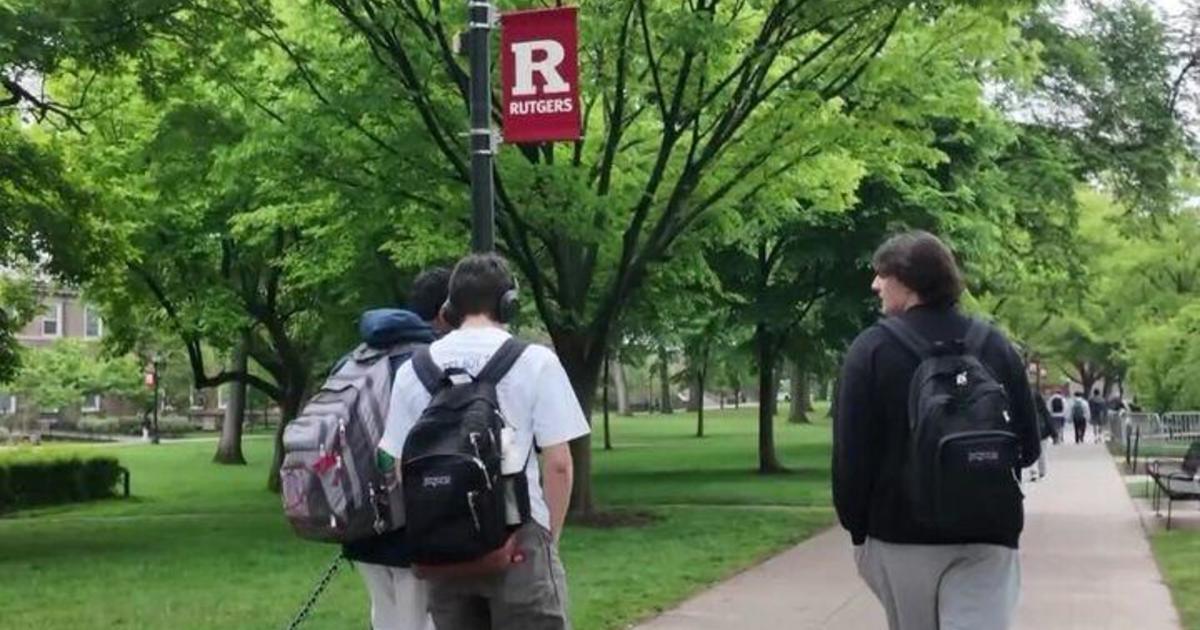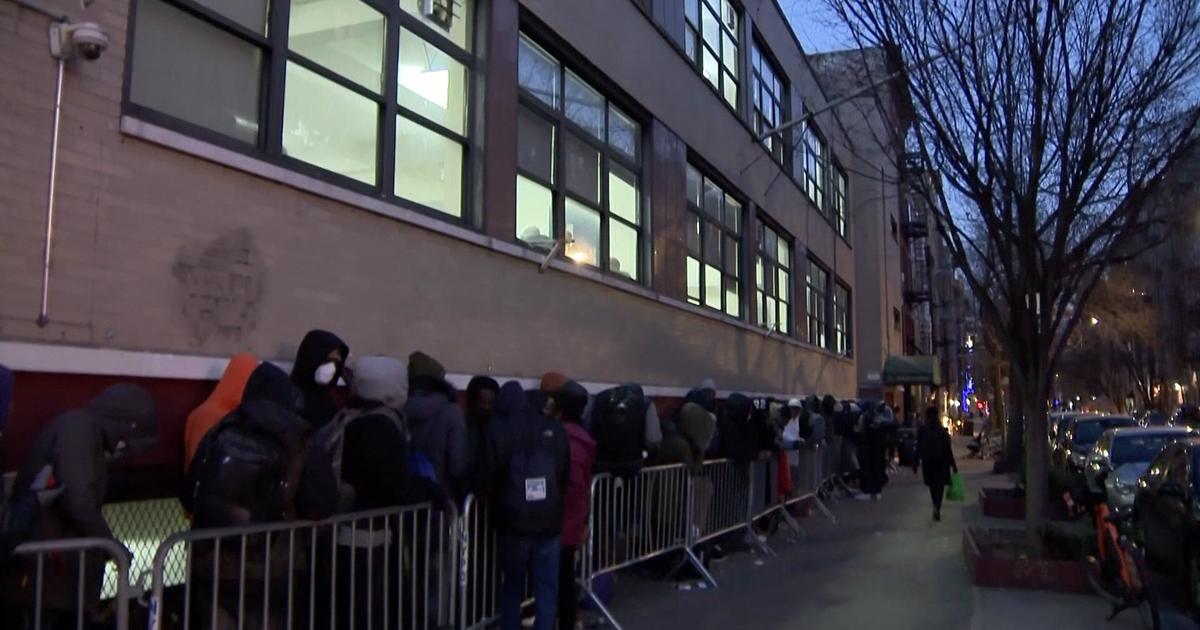Police Reforms Enacted In New Jersey And Connecticut After George Floyd's Murder
TRENTON, N.J. (CBSNewYork) - Police reforms aren't just happening in New York. New Jersey and Connecticut are also tackling it.
"Do you think policing can be reformed?" CBS2's Kiran Dhillon asked New Jersey Attorney General Gurbir Grewal.
"Through better accountability measures, through better transparency, you can have better outcomes. That it is possible to reimagine policing, without... dismantling the entire system altogether," Grewal said.
As protestors around the country demanded police reform in the wake of George Floyd's death, leaders in the Tri-State Area went to work. In the Garden State, the overhaul of a decades-old use-of-force policy was already underway, but George Floyd's death created an urgency for more action.
THE DEATH OF GEORGE FLOYD: A RACIAL RECKONING?
- Looking Back At A Year Like No Other In The Wake Of George Floyd's Murder
- Terrence Floyd Reflects On His Brother George Floyd's Death 1 Year Later
- New York Enacts Notable Police Reforms Following Year Of Crowded Protests
- NYPD Budget In The Spotlight As Officer Morale Hits 'An All-Time Low
- Black Lives Matter Movement Shifts From Protest To Policy With Efforts To Hold Officers Accountable For Wrongdoing
- Corporations Making Moves To Reflect Racial Diversity In Leadership, Hiring And Advertising
- Professional Sports Leagues Make Strides Regarding Social Justice, Black Lives Matter Movement
- Communities Spurred Into Action In The Wake Of George Floyd's Death: 'We Have Such A Long Way To Go'
"This divide that exists between law enforcement and the communities we serve is only going to widen unless we take steps to bridge it," Grewal said.
In New Jersey, use of force by an officer towards a civilian is now prohibited, unless used as a last resort. The revised policy also mandates all instances of force be available for the public to review on an online portal. Officers will also undergo a mandatory retraining course that focuses on de-escalation.
"The core principle of our new policy is respecting the sanctity of life and the dignity of every person with whom a police officer interacts," Grewal said.
Legislators in Connecticut have a similar mandate for their new police accountability bill, passed shortly after Floyd's death. They say reform is not anti-police, but pro public safety.
"We actually can benefit policing and police officers. When there's more transparency, accountability and community buy-in," said Conn. House Rep. Steve Stafstrom.
"This is about dealing with the power distribution that exists and making sure that it's properly checked," said St. Sen. Gary Winfield.
PROTESTS AND POLICE REFORMS
- Writer David Simon, The Wire Creator, Discusses Policing In America With CBS2's Maurice DuBois
- Guidance For Parents On How To Talk To Children About Race, Police, And Witnessing Traumatic Events
- CBS2 Speaks With Members Of Cure Violence Group Man Up! Inc.
- NYC Public Advocate Jumaane Williams On What's Next When It Comes To Race
- Documentary Filmmaker Marshall Curry Discusses Where The Conversation Goes From Here
- Schomburg Center Releases 'Black Liberation Reading List'
- Black Parents Describe Tough Conversations About Racism With Their Children
- Complete CBS2 Coverage
Winfield and Stafstrom coauthored the new law. It builds on previous reform bills passed in 2015 and 2019 and creates a statewide watchdog for police misconduct. It also mandates body and dashboard cameras, limits qualified immunity, as well as a department's ability to withhold officers' disciplinary records.
"We're encouraging police departments to use social workers where necessary," Stafstrom said. "We're increasing training on de-escalation."
While some of the changes have been met with backlash, officials in both states say they engaged with the community and various police groups when drafting the new polices. They say while more work is necessary, the changes are a step in the right direction.
They're encouraging any states that have yet to act on police reform to follow their lead.
Kiran Dhillon contributed to this report.



